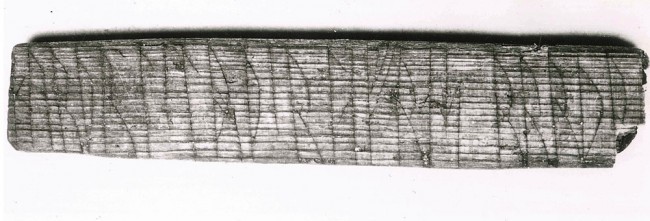Review: Home, by Marilynne Robinson
Way back in April, I reviewed the novel Gilead by the same author. In a comment, Bright (who as usual was right) recommended the followup Home maybe a month later. I eventually got to reading it a month or two after that, and, finally, I'm just now am writing something about it. I guess that's how things are these days.
The reading part flew by though, a flickering instant in my current slow time. I don't even know how it could have been such a page-turner. It fills in the other half (or the other third--it looks like Robinson has recently followed up with Lila as well) of the story that was told in Gilead, but it does so straightforwardly, without layering in new mysteries or misdirection, or much new plot. Lost is that strange meta element from the last novel with its weighty and unspoken secrets to decode (some of those relationships don't look so meaningful from the other side, sadly), but it kept my interest just the same. It's the story of Jack Boughton (imagined by John Ames of the last novel as some kind of secret-sharer, but now just a man) and his return visit home, now filled out from a closer perspective.
Jack remains irresolute, although he's more likeably so this time, because we see him trying so hard to overcome himself. We get to know his sister Glory as the primary point-of-view character too--the lone sibling who stayed home with their father--and it's satisfying to watch her (inhabited by her own doubts and failures) form an uneasy alliance, and eventually a genuine understanding, with her brother. Neither, in their way, has lived up to their family ideal, but then that perfect family is given to be a bit of a veneer too, and one which has worn through with the passage of time. It's as though the Boughtons were the family that tried a little too hard to express a joyous bond, the one that laid on the Christian middle-American values a little too thickly. (Their reverend father had no worse motive than practicing what he preached, but his version of the story wasn't quite big enough for the world.) The edifice itself, even, is a big pile of kitsch, with an unused tire swing and red barn in the view, and choked inside with dusty bric-a-brac, loaded up with tired ideas of family. The Boughtons never solved the inevitable scandals and disappointments in their lives with love, but they used a prescribed kind of love to paper them all over.
(Their house, by the way, reminds me of my grandparents' house, and Mr. Boughton a bit of my grandmother in her late days. It's a little uncomfortable.)
To this Jack returns, a ship at sea, either fleeing or seeking harbor, take your pick. His father is in failing health, and although it's not really why he came back, Jack can't avoid facing him in his decrepitude. It's no stretch to paint the old man as the fading embodiment of home itself, and I feel very guilty about it, but he's irritating. Whenever a real conversation starts to develop between Jack and Glory, in dodders old Boughton to demand attention, always diverting the story into the boring territory of meals, naps, and efforts at comfort. He keeps interjecting these small vanities, and it builds up to a sad climax where he finally judges, finally castigates Jack after all these years. And thus spent, he's at last free to drift away for good.
I could relate to Jack and Glory's discomfort in their home and with their father, and with their degrees and methods of distancing. Some ideas of "goodness" are really in contrast here (in terms of worldly matters like equality or American hegemony, Jack is by far the better man; in terms of preserving their father's idea of love, overlooked Glory is by far the more noble of her several siblings). Jack's difficult to connect to just the same, as his rebellion is a matter of his constitution, and his sins remain big ones, even though a desire to poke a stick at his postcard existence makes sense to me. Glory's hidden shame (living in sin, OMG!) was easier to relate. Her descent, such as it is, is more inadvertent, and there's a balance here between accepting her own agency and society's in making her life choices into false dilemmas. I kind of wish Robinson had removed a few of the pancake breakfast scenes in order to paint these personal vs. social notions of goodness more starkly.
Jack, of course, doesn't stay, and Robinson is unlikely to ever let us know what happened to him next. But he can't really ever separate from his own life either, and his general disconnection, it's clear, is a lot like homelessness. The question floats up near the end, is home the soul we can't get away from? It's an artifice, but is it essential to our humanity just the same? We are all, after all, written into the world. How much distance can we really get away from the plot?





